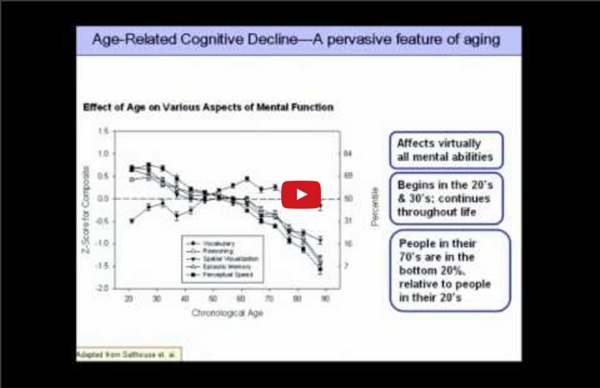



http://www.youtube.com/watch?v=UyPrL0cmJRs
Related: Visual ThinkingHow can I improve my short term memory? Q: How can I improve my memory? Is there a daily exercise I can do to improve it? A: The most important component of memory is attention. By choosing to attend to something and focus on it, you create a personal interaction with it, which gives it personal meaning, making it easier to remember. Elaboration and repetition are the most common ways of creating that personal interaction. Why do You Turn Down the Radio When You’re Lost? You’re driving through suburbia one evening looking for the street where you’re supposed to have dinner at a friend’s new house. You slow down to a crawl, turn down the radio, stop talking, and stare at every sign. Why is that?
This Is Your Brain On Caffeine Ever miss your daily cup of coffee and subsequently get a pounding headache? According to reports from consumers of coffee and other caffeinated products, caffeine withdrawal is often characterized by a headache, fatigue, feeling less alert, less energetic and experiencing difficulty concentrating. Caffeine withdrawal is at its worst between 24 to 48 hours and lasts up to a week. Researchers from the University of Vermont College of Medicine and Johns Hopkins School of Medicine sought to investigate the biological mechanisms of caffeine withdrawal in a paper published recently in the online edition of the scientific journal Psychopharmacology. They looked at brain electrical activity and blood flow during caffeine withdrawal to examine what was taking place physiologically during acute caffeine abstinence, including the likely mechanism underlying the common 'caffeine withdrawal headache.'
Online Language Instruction Join Learn Speak Together! The Most Complete Online Language Learning Course Available What will I get? Transparent Connect Classroom is the ultimate solution for learners seeking guidance from an expert instructor. Brain is not fully mature until 30s and 40s (PhysOrg.com) -- New research from the UK shows the brain continues to develop after childhood and puberty, and is not fully developed until people are well into their 30s and 40s. The findings contradict current theories that the brain matures much earlier. Professor Sarah-Jayne Blakemore, a neuroscientist with the Institute of Cognitive Neuroscience at University College London, said until around a decade ago many scientists had "pretty much assumed that the human brain stopped developing in early childhood," but recent research has found that many regions of the brain continue to develop for a long time afterwards. The prefrontal cortex is the region at the front of the brain just behind the forehead, and is an area of the brain that undergoes the longest period of development. Prof.
60 Small Ways to Improve Your Life in the Next 100 Days Contrary to popular belief, you don’t have to make drastic changes in order to notice an improvement in the quality of your life. At the same time, you don’t need to wait a long time in order to see the measurable results that come from taking positive action. All you have to do is take small steps, and take them consistently, for a period of 100 days.
Brain Fitness Program and Neuroplasticity Update (11/10/10): Have you seen PBS great specials on Brain Fitness and Neuroplasticity ? The Brain Fitness Program DVD ($24.95) “The Brain Fitness Program is based on the brain’s ability to change and adapt, even rewire itself. In the past two years, a team of scientists has developed computer-based stimulus sets that drive beneficial chemical, physical and functional changes in the
Slight Genetic Variations Can Affect How Others See You When we meet new people, we assess their character by watching their gestures and facial expressions. Now a study in the Proceedings of the National Academy of Sciences USA suggests that those nonverbal cues are communicating the presence of a specific form of a gene that makes us more or less responsive to others’ needs. The gene determines which type of receptor a person has for the hormone oxytocin. Oxytocin has been implicated in a variety of positive traits, such as trust, empathy and generosity.